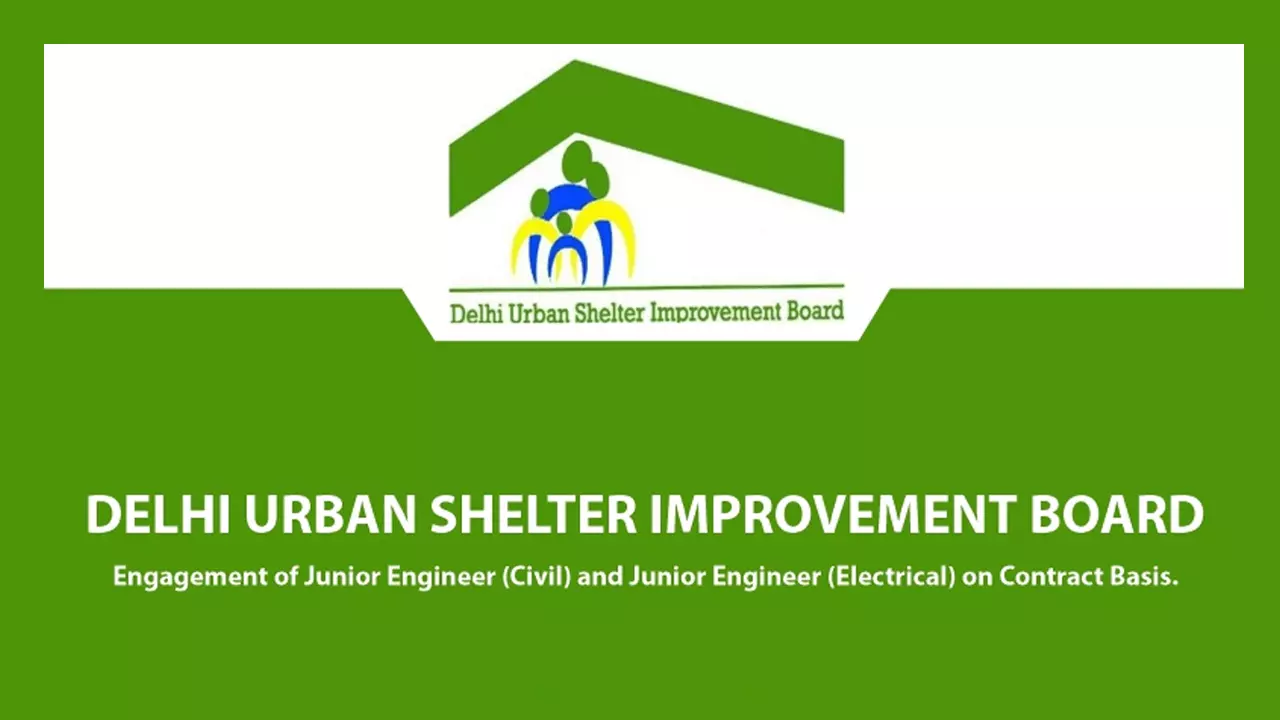Towards a New Urban Future in Delhi – Policy Analyses and Recommendations for the Delhi Urban Shelter Improvement Board

The document titled “Towards a New Urban Future in Delhi: Policy Analyses and Recommendations for the Delhi Urban Shelter Improvement Board” provides an in-depth analysis of the challenges faced by slum dwellers in Delhi and offers strategic recommendations for improving urban shelter conditions. The report emphasizes the need for a comprehensive approach to urban planning that prioritizes inclusivity, sustainability, and the rights of marginalized populations.
Context and Background
Delhi, as one of the fastest-growing cities in the world, faces significant challenges related to urbanization, particularly concerning its vast slum populations. Approximately 30% of Delhi’s residents live in informal settlements, often referred to as Jhuggi-Jhopri (JJ) clusters. These areas are characterized by inadequate housing, lack of basic services, and insecure land tenure. The Delhi Urban Shelter Improvement Board (DUSIB) was established under the DUSIB Act of 2010 to address these issues by improving living conditions for slum dwellers.
Further reading:
Understanding Delhi Urban Shelter Improvement Board Act, 2010 (Delhi Act 07 Of 2010)
Delhi Urban Shelter Improvement Board – Wikipedia
Key Challenges Identified
- Inadequate Infrastructure: Many slum areas lack essential services such as clean water, sanitation, electricity, and waste management. This deficiency contributes to poor health outcomes and exacerbates poverty among residents.
- Legal Insecurity: A significant portion of slum dwellers does not have secure land tenure, making them vulnerable to eviction without notice or compensation. This insecurity discourages residents from investing in their homes and communities.
- Limited Participation: The voices of slum residents are often marginalized in urban planning processes. Decisions regarding their living conditions are frequently made without adequate consultation or involvement from the affected communities.
- Fragmented Governance: The governance structure surrounding urban development in Delhi is complex and often fragmented, leading to inefficiencies in service delivery and policy implementation.
- Economic Vulnerability: Many residents rely on informal employment, which is precarious and lacks social protections. Economic instability limits their ability to improve their living conditions or access better housing options.
Recommendations for Policy Reform
The document outlines several strategic recommendations aimed at addressing these challenges towards a new urban future in Delhi:
- Integrated Urban Planning: The report advocates for a holistic approach to urban planning that incorporates slum upgrading into broader city development strategies. This integration ensures that the needs of slum dwellers are considered alongside other urban priorities.
- Strengthening Legal Frameworks: To enhance security of tenure for slum residents, the report recommends legal reforms that recognize various forms of occupancy rights. This includes regularizing informal settlements and providing legal documentation to residents.
- Community Engagement: Active participation of slum communities in decision-making processes is crucial. The report suggests establishing mechanisms for community consultation and involvement in planning and implementation of upgrading projects.
- Infrastructure Development: Prioritizing investments in basic infrastructure—such as water supply, sanitation facilities, and waste management systems—is essential for improving living conditions in slums. The report calls for targeted funding to support these initiatives.
- Capacity Building for Local Authorities: Strengthening the capacity of local government agencies and DUSIB is vital for effective implementation of urban policies. Training programs can enhance skills related to project management, community engagement, and service delivery.
- Innovative Financing Mechanisms: The report emphasizes the need for diverse financing options to support slum upgrading initiatives. This includes public-private partnerships, community savings schemes, and leveraging international funding sources.
- Monitoring and Evaluation Systems: Establishing robust monitoring frameworks can help assess the impact of interventions over time. Regular evaluations can inform policy adjustments based on feedback from residents and changing circumstances.
Conclusion
In conclusion, “Towards a New Urban Future in Delhi” presents a comprehensive framework for addressing the pressing issues faced by slum dwellers in the city. By prioritizing integrated urban planning, strengthening legal protections, promoting community engagement, and investing in infrastructure development, Delhi can create more inclusive urban environments that enhance the quality of life for all residents.
The document underscores that addressing urban poverty requires collaboration among various stakeholders—including government agencies, civil society organizations, and community members—to develop effective strategies that respond to the needs of marginalized populations. Ultimately, fostering an inclusive urban future will contribute to social equity and sustainable development in one of the world’s most dynamic cities.The publisher of this document is the Delhi Urban Shelter Improvement Board (DUSIB).
